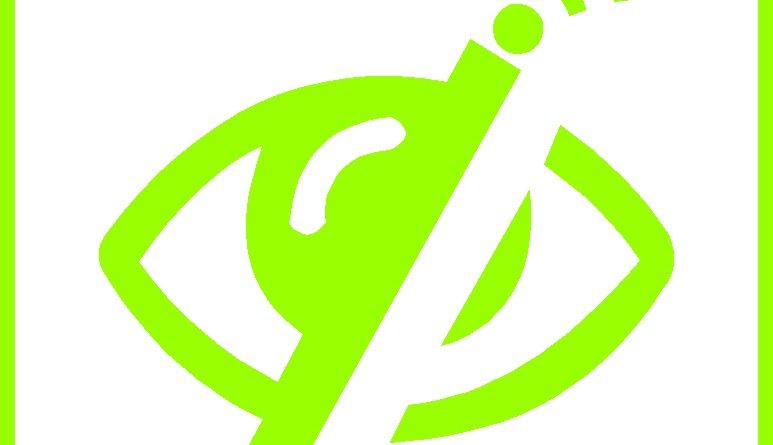CITAB Condemns CBN’s ATM Guidelines As Inadequate For Visually Impaired
The Centre for Infrastructural and Technological Advancement for the Blind (CITAB) has sharply criticized the Central Bank of Nigeria (CBN) for failing to implement meaningful and practical inclusion for disabled Nigerians, particularly the blind, in its recently released October 2025 ATM Accessibility Guidelines.
This was contained in a press statement issued in Lagos today by the group and signed by its Executive Chairman, Jolomi George Fenemigho.
According to the group: “The latest guidelines, which require just two percent of ATMs to have tactile graphic symbols and a listing of accessible locations, are nothing more than a token gesture. For the blind community, being given crumbs instead of a rightful place at the table remains the reality. Real accessibility features like audio guidance, Braille instructions, and universally accessible controls continue to be ignored. The guidelines are also notably vague about what total inclusion actually means, offering no practical pathway to making all ATMs accessible for everyone. By sticking to limited measures and ambiguous language, the CBN continues to keep genuine financial independence out of reach for the disabled community in Nigeria.”
Fenemigho further stated that tactile features are only an initial step and meaningful accessibility must go much further. Audio navigation via headphones, Braille-labeled keypads, high-contrast displays, and user-friendly interfaces are vital to guaranteeing independent banking for the visually impaired. If this country is truly committed to inclusion, these innovations must rapidly expand across both urban and rural areas.
The group expressed deep concern over discriminatory practices by some Nigerian banks who routinely deny ATM cards to visually impaired customers or require them to sign indemnity forms or provide sworn affidavits, burdens that sighted customers do not face.
According to Fenemigho, “It is a troubling irony that while banks parade superficial accessibility, many visually impaired Nigerians are still denied access to the very ATM cards that ought to help them. The result is a forced dependency that strips them of privacy, dignity, and financial autonomy, while making a mockery of CBN’s financial inclusion rhetoric.”
CITAB called on the CBN to issue clear, unequivocal directives to all banks prohibiting such discriminatory practices and to ensure strict enforcement, especially in rural regions where the barriers to access are even greater.
The group also urged the CBN to establish a dedicated disability help desk, equipped to collect complaints, monitor institutional compliance, and respond rapidly to accessibility issues nationwide.
Fenemigho added, “Only genuine accountability, backed by strict penalties for non-compliant banks, can turn the rhetoric of inclusion into reality.”
He emphasized that equal access to ATM cards is the bedrock of financial independence. Without universal and equitable access to both ATM cards and accessible machines, the promise of inclusive banking will remain nothing but empty words, Fenemigho stressed.
CITAB reaffirmed its commitment to collaborating with the CBN and all relevant stakeholders to foster a financial ecosystem that empowers persons with disabilities, ensuring that full social and economic inclusion is not just a distant aspiration but a practical reality for all Nigerians.




